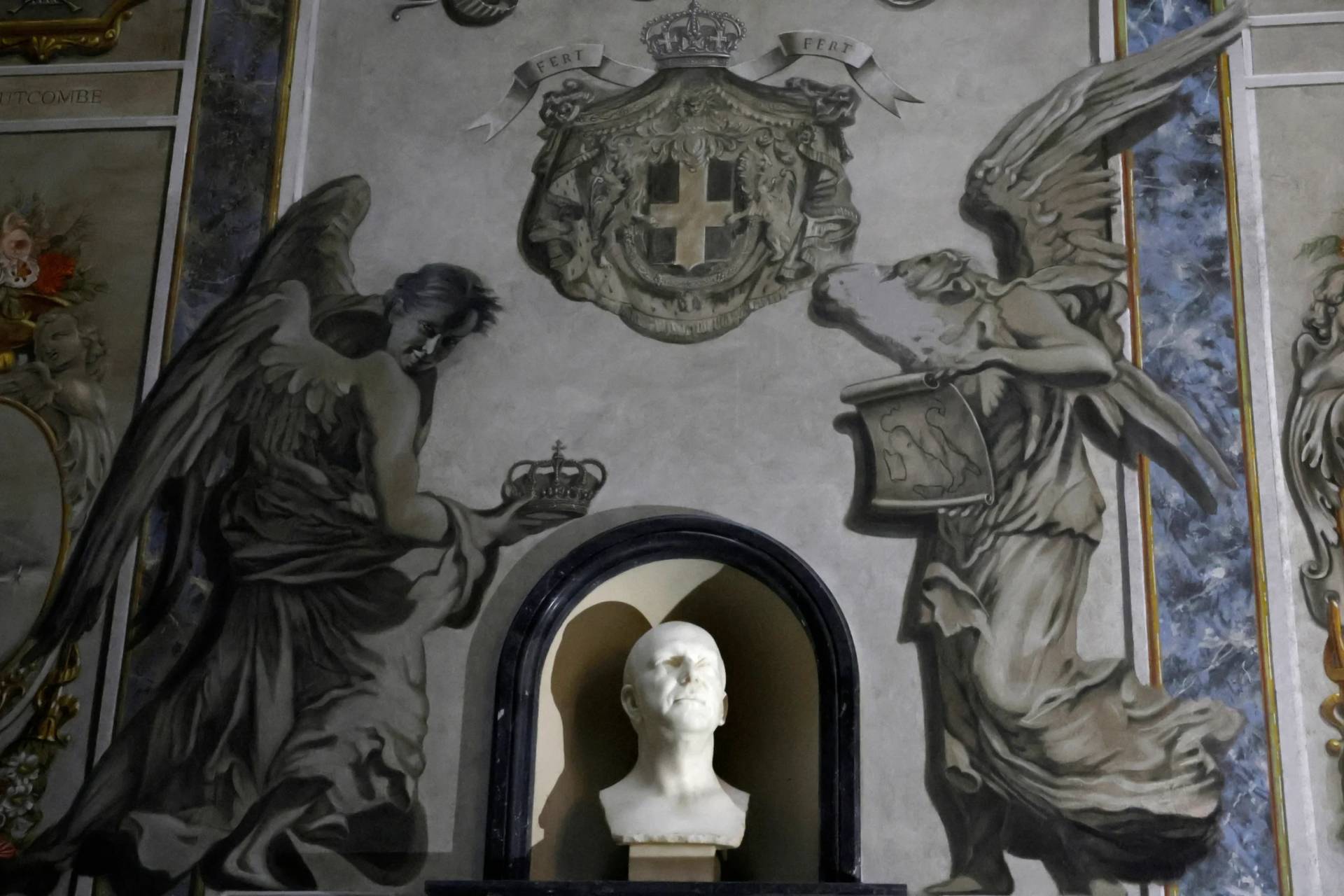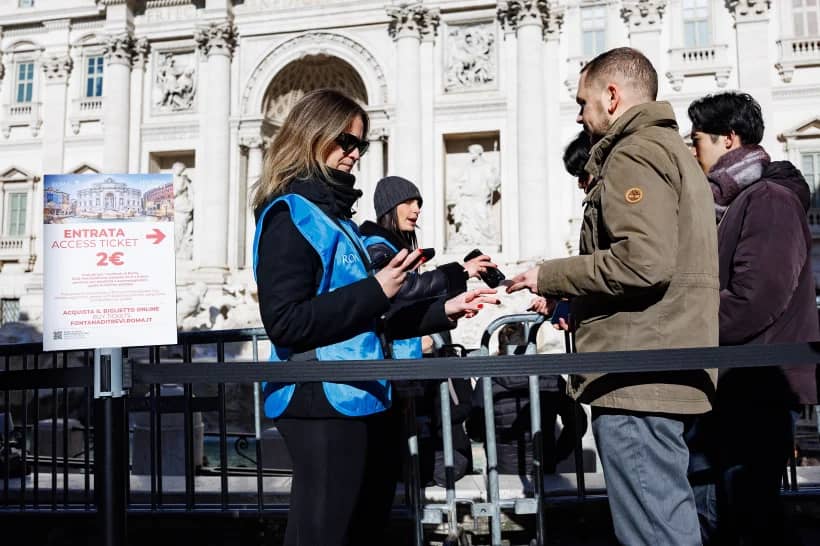ROME – After appearing to criticize the Vatican’s diplomatic objection to a proposed anti-homophobia law in Italy during a public event last week, Italian Archbishop Vincenzo Paglia, head of the Vatican’s Pontifical Academy for Life, has given several interviews in which he seems to walk back his critique and urges greater Church-State cooperation.
Last week, Paglia, spoke on a panel for the Bepop! cultural event that was moderated by a journalist with Italy’s main broadcaster, Rai, during which he voiced criticism of both the anti-homophobia bill and the Vatican’s decision to formally intervene.
Earlier this month, the Holy See issued a nota verbale, meaning a formal diplomatic communication, to the Italian government to object to the so-called “ddl Zan” – a bill currently before the Italian Senate which seeks to increase legal penalties for discrimination based on sexual orientation and to incorporate gender theory into school curricula.
In their nota verbale, the Vatican invoked the 1929 Lateran Pacts, which established Vatican City State as a sovereign entity and which governs relations between Italy and the Holy See, to oppose the bill on grounds that the current version would criminalize Church teaching on marriage and the family, thus violating guarantees of religious freedom.
In his remarks at the Bepop! event, Paglia said the bill is “poorly done,” resembling more of a “manifesto” than an actual law, with generic language that could cause a swath of problems should the bill be adopted in its current form.
However, he also argued that the dispute over the bill “has nothing to do with the concordat,” meaning the Lateran Pacts, and that in this sense, the Vatican’s nota verbale “in my opinion, should not have been written.”
RELATED: Vatican ‘note’ on anti-homophobia law was a mistake, archbishop says
Speaking to Italian newspaper Il Giornale a day later, Paglia appeared to backtrack.
In his remarks, Paglia argued that “If Europe can legitimately intervene if, and when, a country threatens the rights of citizens with homosexual orientations, I don’t see why the Holy See can’t do the same in Italy.”
“It is not interference, it is an interest in the common good starting from its precious anthropological vision that the Church protects as a wealth,” he said, noting that while the Vatican is a small state, “its historic closeness to Italy allows it to welcome with extreme sensitivity the common feeling of the Italian people.”
For Italians, the concept of family based on the marriage between a man and a woman, with a mother and father as parents, “is something that represents an extremely important value,” Paglia said, insisting that “If someone wants to call this passion for humanity an intervention,” it would be inaccurate.
Referring to his remarks at the Bepop! event, Paglia accused the media of “extrapolating” portions of his speech and turning them into “a false interview that I never gave.”
“I have, in every way, expressed doubts, like many,” he said, voicing his belief that “between the two banks of the Tiber, there was a creativity in coming up with avenues of dialogue and settling differences from which the media should, and can, stay outside of.”
Rather than saying the nota verbale in itself was a mistake, Paglia said he believes the error was making it public, when it “should have remained secret” – in effect, faulting the news outlets who reported on the note and later published its text.
“This was the original intention of the Holy See, but someone must have thought differently,” he said, explaining that to publish something of such a sensitive nature “risked raising even taller walls.”
“I was misunderstood too,” he said, adding, “the note had the precious effect of shedding light on the serious problems of a decree which, as is, is unacceptable – not only for the Church, but I would say for the majority of Italians.”
In a June 30 interview with Italian magazine Famiglia Cristiana, Paglia stressed the need for greater collaboration between the Catholic Church and public institutions, associations, training facilities, and families about issues such as homophobia and the Church’s pastoral approach to people with homosexual orientation.
“There are too many discriminatory attitudes based on sex,” he said, insisting that the Church’s position on the ddl Zan is not aimed at protecting itself, “but it also wishes to nourish that healthy pluralism that distinguishes modern entities.”
“It is not a question of promoting freedom only for Catholics, but for everyone. The bill appears more like a manifesto than a law. It must be corrected,” he said.
Paglia noted that discrimination against homosexual or transsexual individuals is still legal in many countries and stressed the need to end this type of prejudice, including through education.
However, a new law “is not enough,” he said, arguing that “A serene, open, plural confrontation is urgently needed” among all actors in society, including religious entities.
“The idea of a ‘no’ Church is false,” Paglia said. “It is incorrect to think that we are against rights. Nor is it true that there has been, in history, a pure contrast between those who have made themselves champions of the rights of individuals and of humanity and a Church that imposed only prohibitions aimed at stifling individual freedoms.”
The Church “has always been concerned with safeguarding the dignity of all,” he said, noting that this is what made the clerical sexual abuse crisis so scandalous.
In all areas, “the Church is expected to have the utmost respect for the other, but we must be careful not to multiply individual rights indefinitely without the counterweight of duties,” he said. “Otherwise, there is a risk of endangering peaceful civil coexistence.”
Follow Elise Ann Allen on Twitter: @eliseannallen













